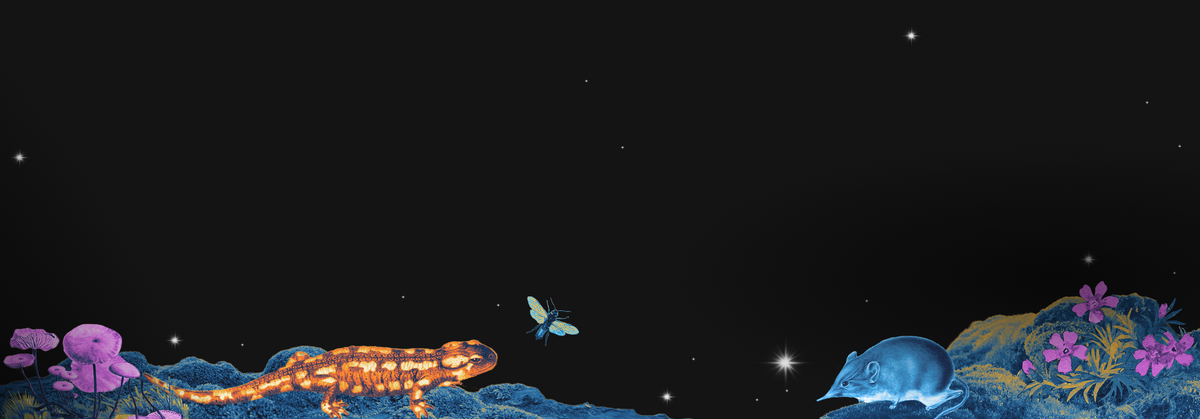
Storytelling for Today’s Climate
Story support for the age of climate change
Our Mission
The most important thing is to do what you do best: tell a damn good story. We’ll help with the rest.
Anna Jane Joyner
Founder, Good Energy
Good Energy is a story consultancy for the age of climate change.
We support TV and film creators in telling wildly entertaining stories that honestly reflect the world we live in now—a world that’s in a climate crisis. We aim to make it as easy as possible to portray the climate crisis on-screen in entertaining and artful ways, in any storyline, across every genre.
The only thing we know for sure about the future is that we are all going there together — and we’re taking with us our hopes, our fears, our appetites, our creativity, our capacity for love and our predilection to cause pain. These are the same tools that storytellers have been using since the beginning of time.

Scott Z. Burns
Writer, Director, Producer